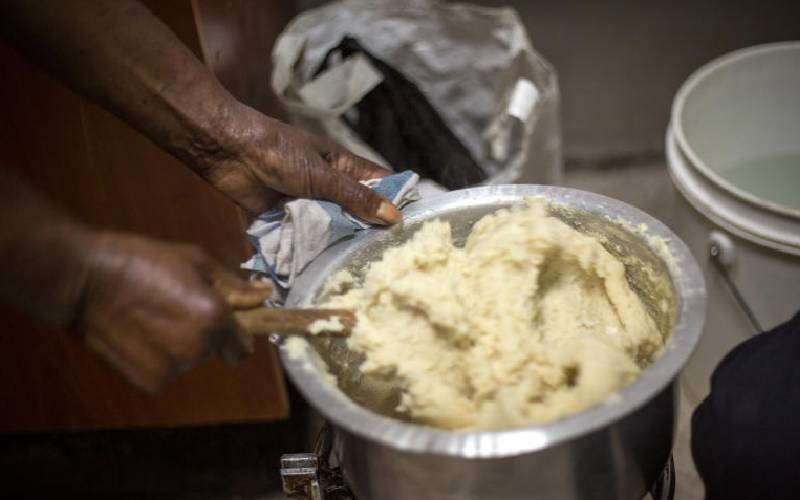×
The Standard e-Paper
The Standard

Farmers in the North Rift have say that the high fuel prices could negate gains achieved through fertiliser subsidy touted as a game changer by the Kenya Kwanza administration.
They fear that high cost of diesel, which rose by Sh21.32 to Sh201 a litre in the region, will escalate operation costs and that consumers will continue paying more for staple food - Ugali.